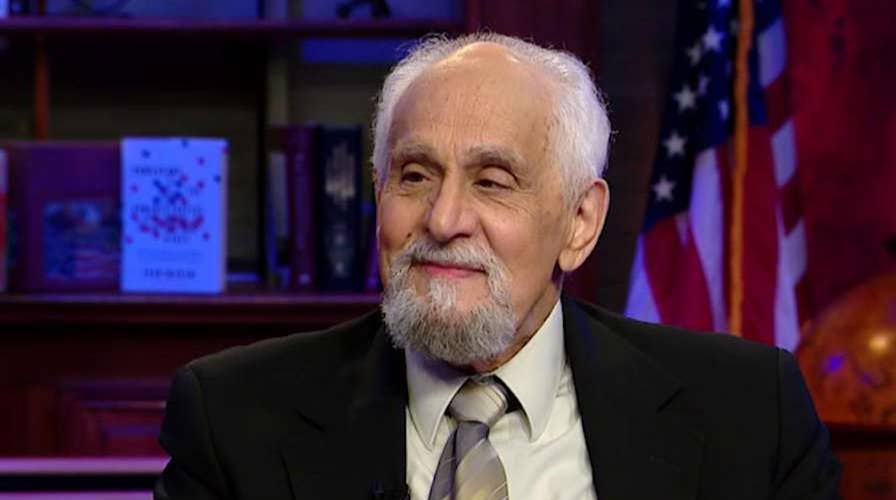'Swamp' expert John Marini on exposing the growing influence of the 'administrative state'
Senior fellow at the Claremont Institute Professor John Marini joins Mark Levin to discuss governmental abuse of power and its effect on individual liberty.
The Constitution does not provide authority to the "administrative realm" in Washington, according to Professor John Marini.
Marini said on "Life, Liberty & Levin" Sunday that the Washington bureaucracy is a very prevalent part of government that has its own type of authority,
"There is absolutely no authority for the administrative realm in the Constitution. Every authority that is in the Constitution is a political authority, so it derives either from the legislative, executive or judicial powers," the professor claimed.
"The administrative state is such a pervasive phenomenon that most people think of it simply as the bureaucracy," he said.
"But it's really much more pervasive than that because it not only is established in the institutions that are created by government, but it also has a kind of authority."
Levin told Marini he considers him an expert on the bureaucracy - "on what they call 'the swamp'."
"If we have this army - this swamp, who makes up this... massive administrative state?" he asked.
Marini claimed many of the people working within the bureaucracy are specially trained by U.S. colleges in any number of fields of concentration.
"Typically, the people that are in the bureaucracies are those who are trained in the universities in certain specialized areas. The American university is in a certain way really the keystone of the administrative state," the Claremont Institute fellow said.
"Almost every major in college is utilized by government in one form or another. Because as it takes on more and more decision-making in social life... those decisions that used to be in civil society are put into the hands of bureaucrats."
The professor criticized Congress for allowing the administrative state to usurp some of its powers.
He said politicians at times, "defer to that authority and it relieves them of making the kind of political decisions that they need to make about things like making laws. When Congress delegates laws to bureaucracies it's no longer deliberating. It's no longer doing what lawmaking was intended to do, which is public deliberation."
"And for Congress to give that up is a terrible thing for a democracy."






